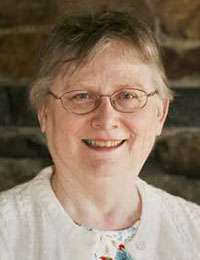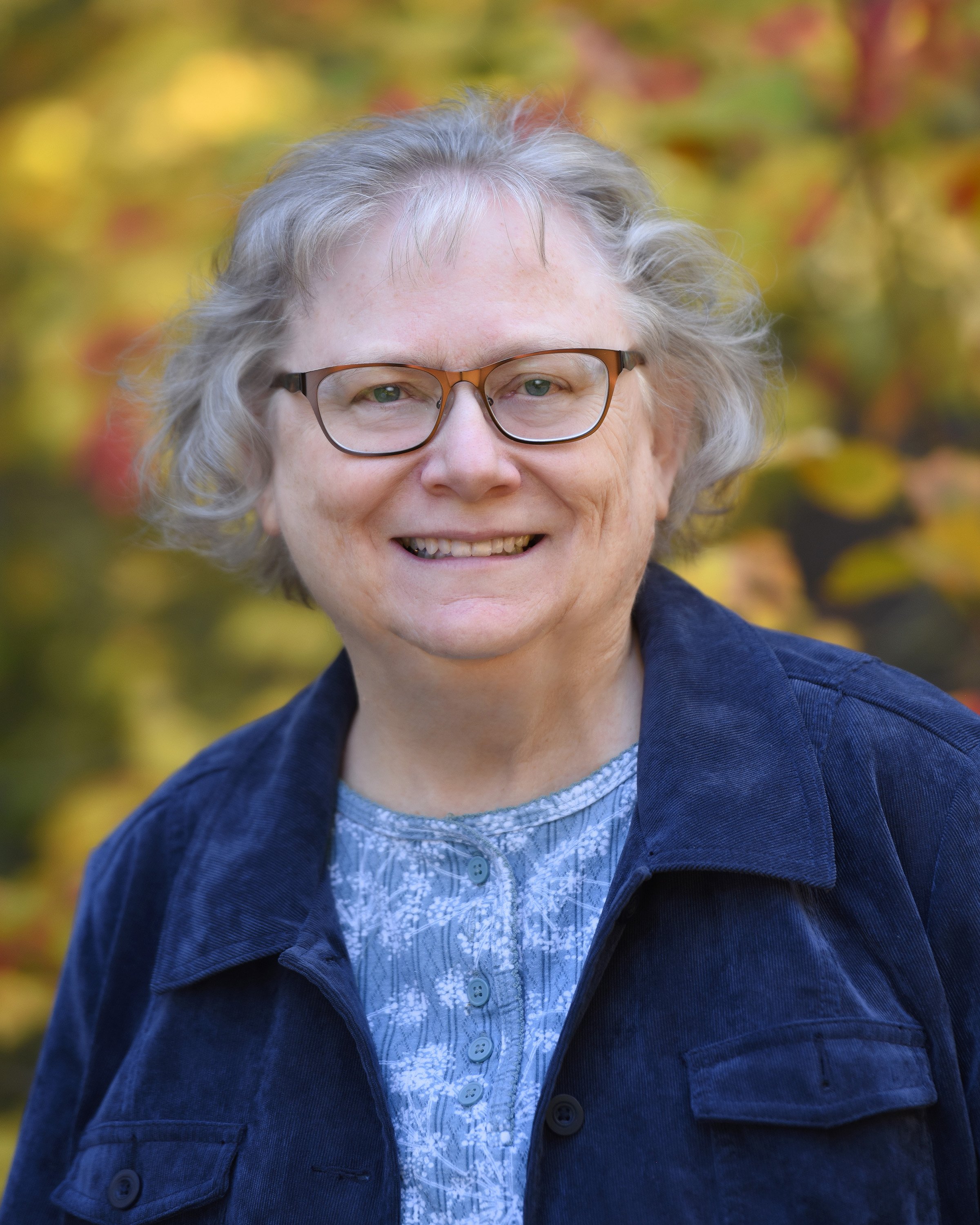 I just spent a nice afternoon with Tom, a fellow Alden descendant and historian, talking about the Alden legacy. He is gathering information on what he’s calling his “Aldens-engaging-with-Aldenness” project that may become a book.
I just spent a nice afternoon with Tom, a fellow Alden descendant and historian, talking about the Alden legacy. He is gathering information on what he’s calling his “Aldens-engaging-with-Aldenness” project that may become a book.
He wanted to know how I was first introduced to the Aldens (my grandmother discovered our line when I was about three and had my picture taken sitting next to Priscilla’s gravestone), how I got involved with the Alden Kindred (they needed a genealogist and I needed the cachet for my professional resume), and such things as my opinions on hereditary societies and attitude towards our Pilgrim ancestors.
That gets into some deep thinking. In my opinion, the family hereditary society is dead. Many small family groups never did require genealogical proof to join because of the labor and expertise needed to process lineage papers. The Alden Kindred has already opened its membership to the world, regardless of Alden lineage, although Alden descendants can still have their lines authenticated by the Kindred’s genealogist. That move was motivated a few years ago by finances – we have a house museum to support. The only other Mayflower family with a house is the Howland family, which still maintains its hereditary membership requirements, but almost certainly will follow in the footsteps of the Aldens for the same economic reasons. Membership in all family societies flat-lined decades ago. I belong to any number of groups that are essentially nonexistent today.
In my opinion, the family hereditary society is dead.
The Mayflower Society and Daughters/Sons of the American Revolution have much larger constituencies and still attract new members, but the bugaboo for such organizations is retention rates. Many people join just to prove they can join and then drop out once their papers are signed. Both organizations have buildings to maintain, the costs of which are reflected in member dues that can’t help but discourage retention.
Add to this the inevitable generational twist between us Baby Boomers (remember when WE were demanding that the “old folks” listen to us) and today’s youngsters – what are they called these days? – who need to be wooed through Instagram, Twitter, and Facebook (and I imagine those platforms are woefully old-fashioned in the world of today’s “cool” kids – yes, I know they don’t say “cool” anymore).
As to my attitude toward my Pilgrim ancestors, nothing has changed.
The future of family organizations will, like most everything else, be “cloud” based. People will belong to on-line groups that have common interests, but none will be “hereditary societies” as we have known them. They are unlikely to have genealogical entrance requirements, although some way of posting and critiquing lineage papers may be worked out.
As to my attitude toward my Pilgrim ancestors, nothing has changed. I still have the highest regard and feelings of awe for them and what they accomplished. Yes, they did and said some things in their own time and place that we might not be comfortable with today, but, hey! they are still family.
Share this:

About Alicia Crane Williams
Alicia Crane Williams, FASG, Lead Genealogist of Early Families of New England Study Project, has compiled and edited numerous important genealogical publications including The Mayflower Descendant and the Alden Family “Silver Book” Five Generations project of the Mayflower Society. Most recently, she is the author of the 2017 edition of The Babson Genealogy, 1606-2017, Descendants of Thomas and Isabel Babson who first arrived in Salem, Massachusetts, in 1637. Alicia has served as Historian of the Massachusetts Society of Mayflower Descendants, Assistant Historian General at the General Society of Mayflower Descendants, and as Genealogist of the Alden Kindred of America. She earned a bachelor’s degree from the University of Connecticut and a master’s degree in History from Northeastern University.View all posts by Alicia Crane Williams →